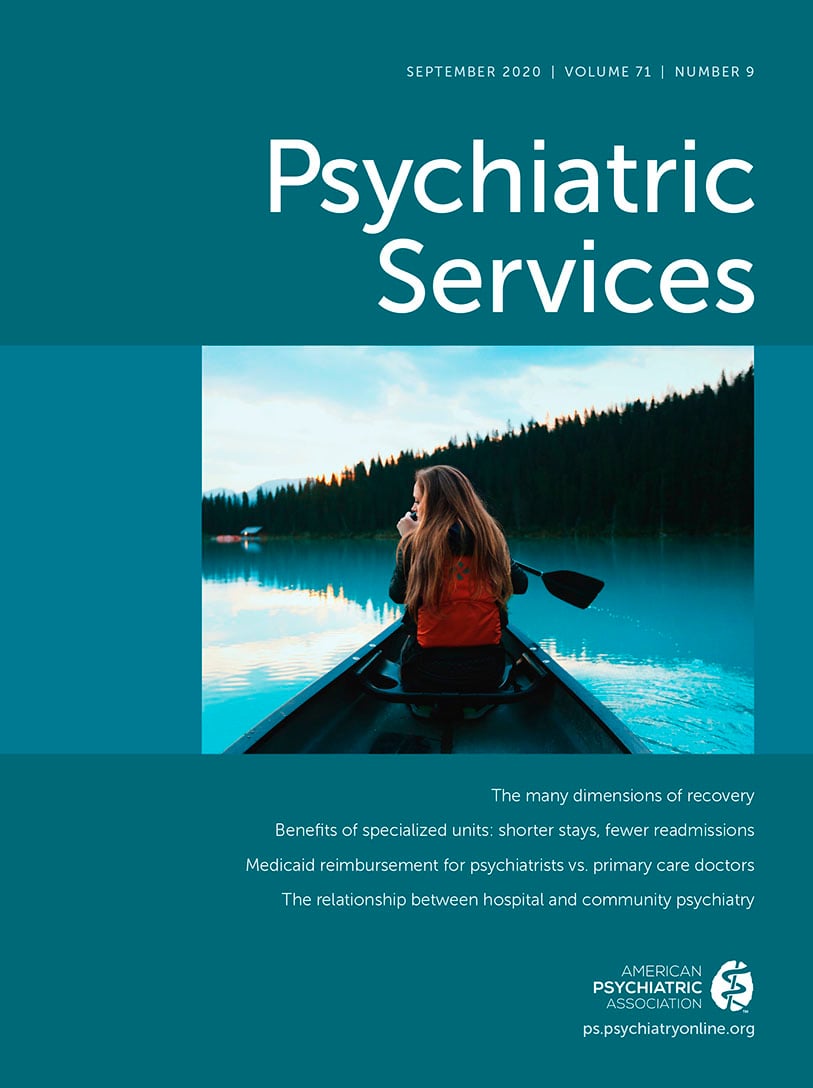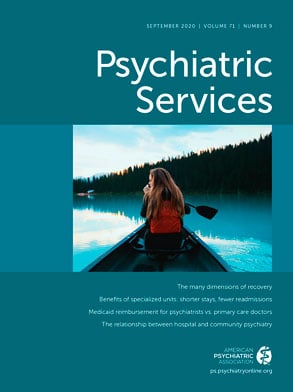The National Institute on Disability, Independent Living, and Rehabilitation Research (NIDILRR) is housed in the Administration for Community Living, under the U.S. Department of Health and Human Services (
1). As reflected in its long-range plan, NIDILRR funds applied research and development that address the following mission: “To generate new knowledge and promote its effective use to maximize the full inclusion and integration into society, employment, independent living, family support, and economic and social self-sufficiency of individuals with disabilities of all ages” (
2). NIDILRR emphasizes the social model of disability rather than the medical model. The social model posits that disability results from a lack of fit between people’s impairments and their environments, both physical and social. Changes in those environments can, therefore, improve those individuals’ participation and well-being (
3). NIDILRR also stresses the importance of participation and input of stakeholders in research and development, particularly on the part of people with disabilities. This focus encourages selection of research and development topics relevant to the lives of people with disabilities and emphasizes the contributions of people with disabilities to the entire research or development process, from the identification of research or development questions through dissemination.
Since its inception in 1979, NIDILRR has funded research and development to better enable individuals with mental illness to live the lives they want to live in their communities. The agency’s original driving principle, which is still influential today, was that people with mental illnesses, similar to people with physical disabilities, deserve services and supports that enable them to live the best lives possible (
4). Consistent with the social model of disability, this rehabilitation approach emphasizes the importance of both individual-level and environmental changes. Rehabilitation for people with mental illness is not about curing or preventing mental illness; instead, like physical rehabilitation, it is about enabling people to live the lives they want to live.
NIDILRR’s conceptual approach has obvious parallels with the concept of recovery that has been described and promoted by the Substance Abuse and Mental Health Services Administration (SAMHSA) (
5). The two agencies have long shared a common mission and vision. In fact, for the past 4 decades, NIDILRR and its grantees have collaborated with SAMHSA to identify and support the most important goals of rehabilitation research for people with mental illness, to conduct it, and to put the resulting research findings into use. This collaboration began in 1979, early in NIDILRR’s and SAMHSA’s histories. Several sources (
6–
8) detail the histories of NIDILRR (formerly the National Institute on Disability and Rehabilitation Research and, before that, the National Institute on Handicapped Research) and SAMHSA.
NIDILRR funds mental illness research and development in all three of the agency’s outcome domains: health and function, community living and participation, and employment. NIDILRR has supported research to address gaps in the knowledge base (
9) and to inform the development of evidence-based practices such as supported employment (
10,
11), vocational cognitive remediation (
12), and self-management approaches for people with mental illness (
13). The agency has also supported research and development that led to promising practices such as supported education and its integration with supported employment (
14). Consistent with its emphasis on stakeholder involvement, NIDILRR has funded research on peer support and peer-provided services (
13,
15,
16). Additionally, NIDILRR grantees have contributed to federal efforts in the area of mental illness (
17–
19).
NIDILRR’s mental illness portfolio includes nearly all of the agency’s grant mechanisms, including postdoctoral grants, field-initiated grants, and Rehabilitation Research and Training Centers (
1). Information about NIDILRR’s portfolio can be found on the website for the National Rehabilitation Information Center (NARIC) (
www.naric.com), the dissemination center funded by NIDILRR. NARIC maintains a searchable database of NIDILRR-funded grants. NARIC also collects, catalogs, and disseminates publications and other products of the projects funded by NIDILRR and broadcasts announcements regarding NIDILRR funding opportunities.
Since 1979, NIDILRR grantees have addressed the agency’s mission by generating new knowledge and promoting its effective use to enable individuals with disabilities to perform activities of their choice in the community and to expand society’s capacity to provide full opportunities and accommodations for its citizens with disabilities. The results of NIDILRR-funded research strongly support the propositions that these goals can be achieved for people with mental illness and that society can use research to promote the ability of members of this important population to live the meaningful lives they want to live.

